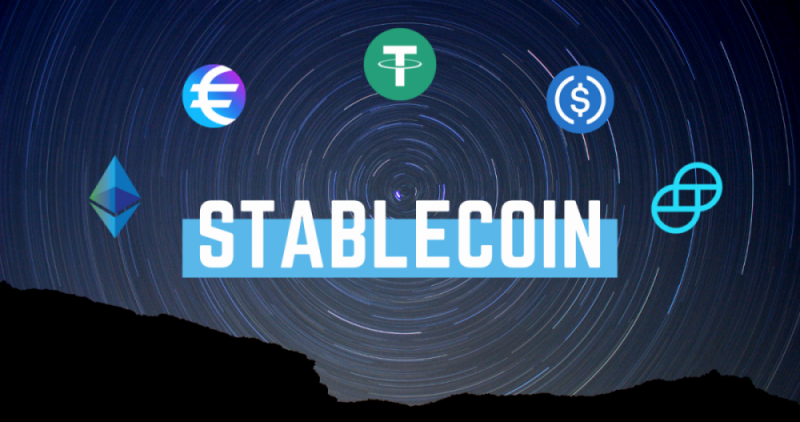Stablecoin Risks Rise in Emerging Markets, FSB Warns
26.07.2024 21:00 1 min. read Alexander Stefanov
A recent Financial Stability Board (FSB) report warns of significant risks linked to the increasing use of global stablecoins (GSCs) in emerging markets and developing economies (EMDEs).
According to the report released on July 23, the rise in stablecoin adoption, particularly those pegged to foreign currencies, poses potential threats to financial stability in these regions.
The surge in stablecoin use is fueled by limited banking access and local currency volatility. However, regulators are concerned that these digital assets might destabilize financial systems and amplify economic challenges. The report highlights that recent stablecoin failures underscore their vulnerability if not properly managed.
Key risks identified include threats to financial integrity, potential for illicit finance, and cybersecurity issues. To mitigate these risks, the FSB recommends developing strong regulatory frameworks and improving international cooperation.
Currently, major stablecoins like Tether (USDT) and USD Coin (USDC) are pegged to the US dollar, while new stablecoin projects are emerging, such as Paxos’s gold-backed stablecoin in Singapore and plans for a Hong Kong dollar-linked stablecoin.
Recent EU regulations have also led to the delisting of some stablecoins by crypto exchanges, raising speculation about a potential shift towards euro-backed stablecoins in the future.
-
1
Trump Imposes 50% Tariff on Brazil: Political Tensions and Censorship at the Center
10.07.2025 7:00 2 min. read -
2
Key Crypto Events to Watch in the Next Months
20.07.2025 22:00 2 min. read -
3
USA Imposes Tariffs on Multiple Countries: How the Crypto Market Could React
08.07.2025 8:30 2 min. read -
4
UAE Regulators Dismiss Toncoin Residency Rumors
07.07.2025 11:12 2 min. read -
5
Majority of U.S. Crypto Investors Back Trump’s Crypto Policy, Survey Finds
05.07.2025 18:09 2 min. read
Two Upcoming Decisions Could Shake Crypto Markets This Week
The final days of July could bring critical developments that reshape investor sentiment and influence the next leg of the crypto market’s trend.
Winklevoss Slams JPMorgan for Blocking Gemini’s Banking Access
Tyler Winklevoss, co-founder of crypto exchange Gemini, has accused JPMorgan of retaliating against the platform by freezing its effort to restore banking services.
Robert Kiyosaki Warns: ETFs Aren’t The Real Thing
Renowned author and financial educator Robert Kiyosaki has issued a word of caution to everyday investors relying too heavily on exchange-traded funds (ETFs).
Bitwise CIO: The Four-Year Crypto Cycle is Breaking Down
The classic four-year crypto market cycle—long driven by Bitcoin halvings and boom-bust investor behavior—is losing relevance, according to Bitwise CIO Matt Hougan.
-
1
Trump Imposes 50% Tariff on Brazil: Political Tensions and Censorship at the Center
10.07.2025 7:00 2 min. read -
2
Key Crypto Events to Watch in the Next Months
20.07.2025 22:00 2 min. read -
3
USA Imposes Tariffs on Multiple Countries: How the Crypto Market Could React
08.07.2025 8:30 2 min. read -
4
UAE Regulators Dismiss Toncoin Residency Rumors
07.07.2025 11:12 2 min. read -
5
Majority of U.S. Crypto Investors Back Trump’s Crypto Policy, Survey Finds
05.07.2025 18:09 2 min. read


